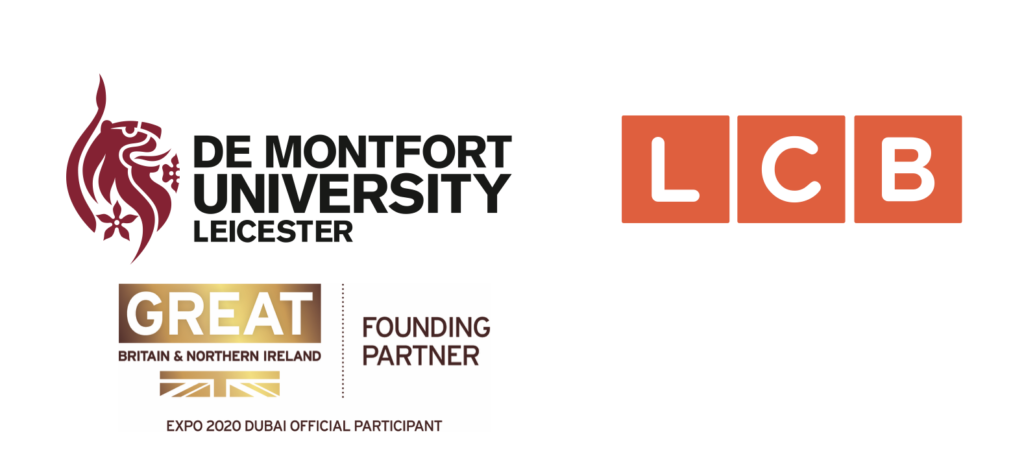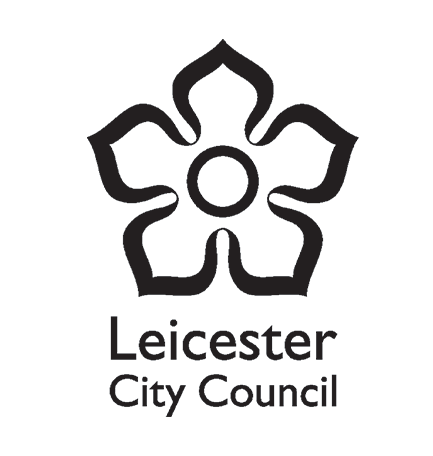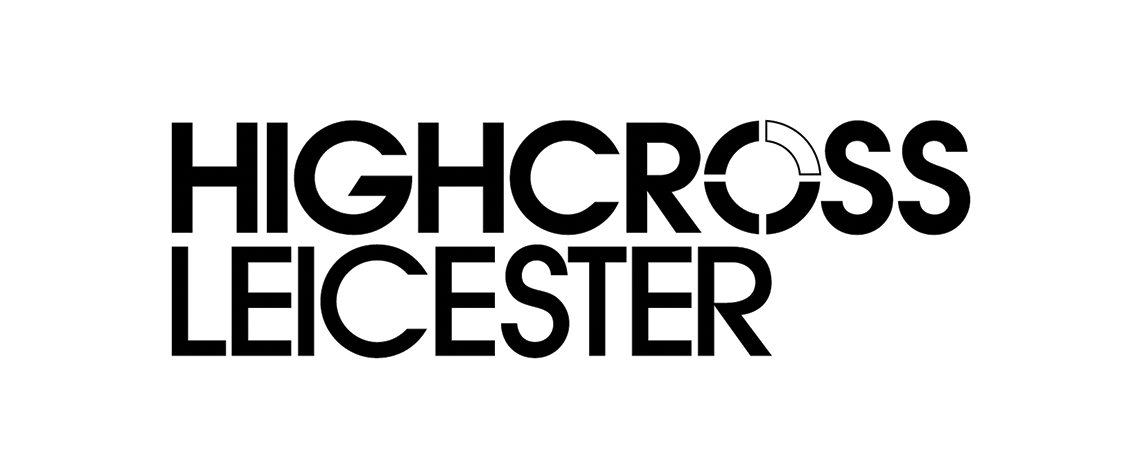Dubai Expo 2020
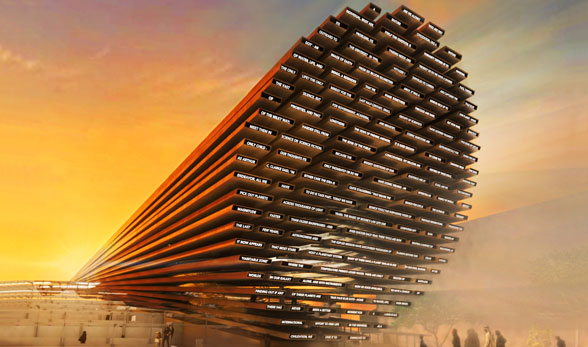
De Montfort University is supporting the co-location of Cities Tango: Leicester+Dubai at the Dubai Expo 2020, one of two original artworks created for the Art AI Festival that will be co-located there.
From 1 October 2021 to 31 March 2022, visitors from across the world will travel to Dubai to visit the Expo 2020, a celebration of technology, culture, education and business at which countries from around the world are showcasing their very best innovations in areas like space exploration, AI, healthcare, arts, culture and sustainability.
The UK pavilion is being operated by the Government’s Department of International Trade (DIT) and De Montfort University, one of the Art AI Festival sponsors, is working closely with the team as an official founding partner. This means De Montfort University will have a continuous presence at one of the world’s biggest, highest profile exhibitions, showing the world its high-impact research, innovative approaches to sustainability, and creating unparalleled experiences for students through the event.
The Art AI Festival is thrilled to be part of the world’s exhibition!
Find out more about De Montfort’s presence at the Dubai Expo 2020 HERE
Cities Tango: Leicester+Dubai
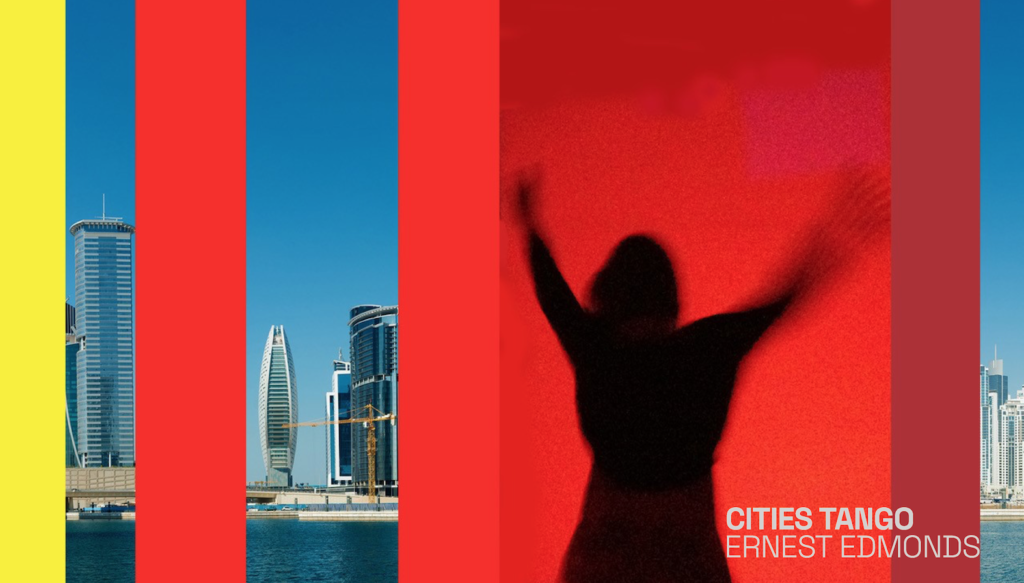
Cities Tango: Leicester+Dubai displays images of and from each location. Images are dynamically revealed within an otherwise abstract structure. A set of local photographs are interlaced with colour stripes and shown in the other city. Each city, and the people in them, interact with one another across time zones. The colours, stripes and timings used are driven by movements at each location. Immediate responses to rapid movement are seen by the audience in each location. In each place there is a screen which is interactive, using a computer and camera, showing an ever-changing blend of colour bands and images from the other city (connected over the Internet). A second, urban, screen in each city shows that location’s Cities Tango images.
What is seen depends on the movement of people in front of the display and on what is happening in the twin city. In each location the work reacts to detected motion. At the same time, analysed image information is sent over the internet to the other location to further influence the work’s behaviour. Cities Tango also evolves over time as a result of the detected movement of people. It uses AI in two respects. Pattern recognition drives its direct responses to movement and a rule-based system drives the evolution of the colours and behaviour. The evolution develops as a result of the history of the movement of the audiences in both cities. Dubai influences Leicester and Leicester influences Dubai in a tango danced between the two cities.
Credits: Some of the photographs included in the artwork are by Tim Dunlop. Technical support was provided by Sean Clark (Interact Digital Arts, Leicester, UK) and Mohammed Lataifeh.
Artist Biography
Ernest Edmonds is a pioneer computer artist for whom combining creative arts practice with creative technologies has been a life-long pursuit.
In 2017 he won the ACM SIGGRAPH Distinguished Artist Award for Lifetime Achievement in Digital Art. The only other UK artist to be so recognized is the late Harold Cohen. Edmonds transdisciplinary achievements are demonstrated by the fact that in 2017 he was also awarded ACM SIGCHI Lifetime Achievement Award for Practice in Human-Computer Interaction. Having shown his work internationally for over 50 years. His work is described in “Generative Systems Art: The Work of Ernest Edmonds” (Franco, Routledge, 2017).
Edmonds is Emeritus Professor of Computational Art at De Montfort University and Chairman of the Board of ISEA International, whose main activity is the annual International Symposium on Electronic Art that began in 1988.
Edmonds has published over 400 books and papers, and exhibited his art across the globe. He recently exhibited in Venice, Leicester, London, Denver, Vancouver, Beijing, Shanghai, and Rio de Janerio. His most recent book is “The Art of Interaction: what HCI can learn from Interactive Art”, published by Morgan & Claypool. He is Founding Editor of the journal Knowledge Based Systems, an Honorary Editor of Leonardo and Editor-in-Chief of Springer’s Cultural Computing book series.

